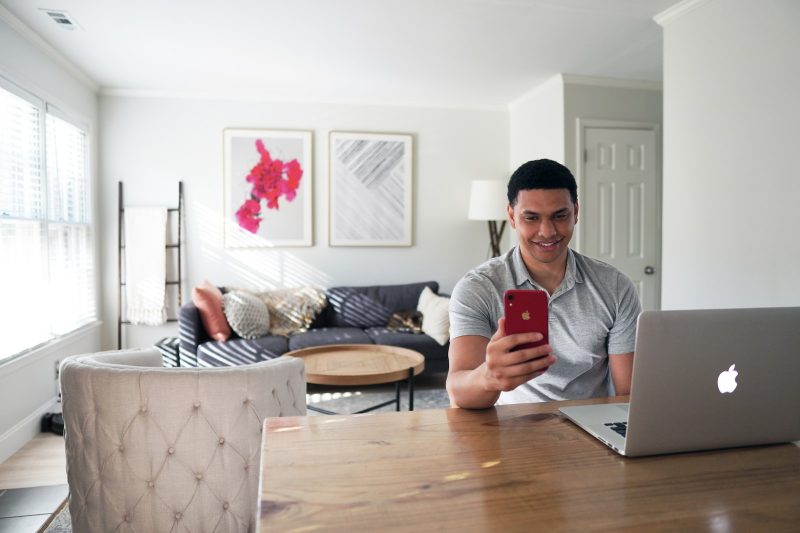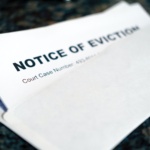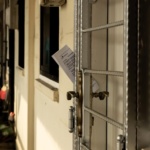Many investors and homeowners rent out entire homes to make passive income, or to cover their expenses. Is it possible to rent your house out with a mortgage? What are the rules regarding landlords? This covers everything, from finding the right mortgage to maximising the profit potential of your property.
Can I rent my home with a Canadian Mortgage?
If you are looking to rent out your house with a mortgage or if you purchase a second property for the sole purpose of renting it, you will likely be renting it out. These are two different situations. Both are considered Owner-occupied mortgages. The latter is non-owner occupied. This might mean that commercial mortgage rates will be more expensive than those for residential loans.
Owner-occupied Mortgage
Lenders might require that the owner occupy the property in order to qualify for a mortgage. This means that the homeowner must reside on the property at all hours. This is usually done to protect borrowers from defaulting. They will be there, however. If you are interested renting the entire property and then moving to another location, you will need to talk to your lenders.
Owner-occupier mortgage holder will often have no problem renting out a section of their property like a basement or laneway. It is best to notify your lenders about any changes in occupancy well in advance.
Non-owner-occupied Mortgage
A non-owner-occupied loan is required for prospective landlords who wish to rent an entire property while they live elsewhere. These properties are not considered primary residences, so lenders might place more stringent requirements on potential homeowners.
Commercial mortgages are not subject to the same restrictions as non-owner-occupied properties. Lenders may ask for a larger down payment in order to secure their loan. For landlords who wish to expand their portfolio, it is crucial that the mortgage on the rental properties allows the unit not to be owned.









